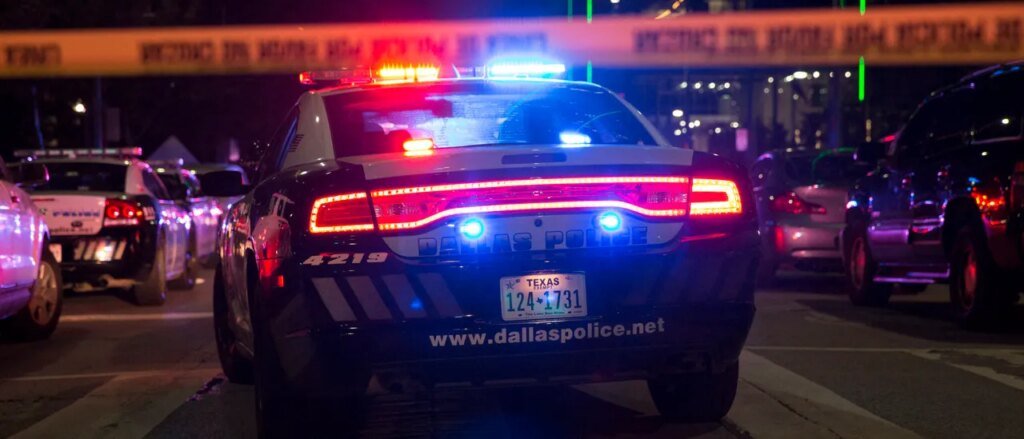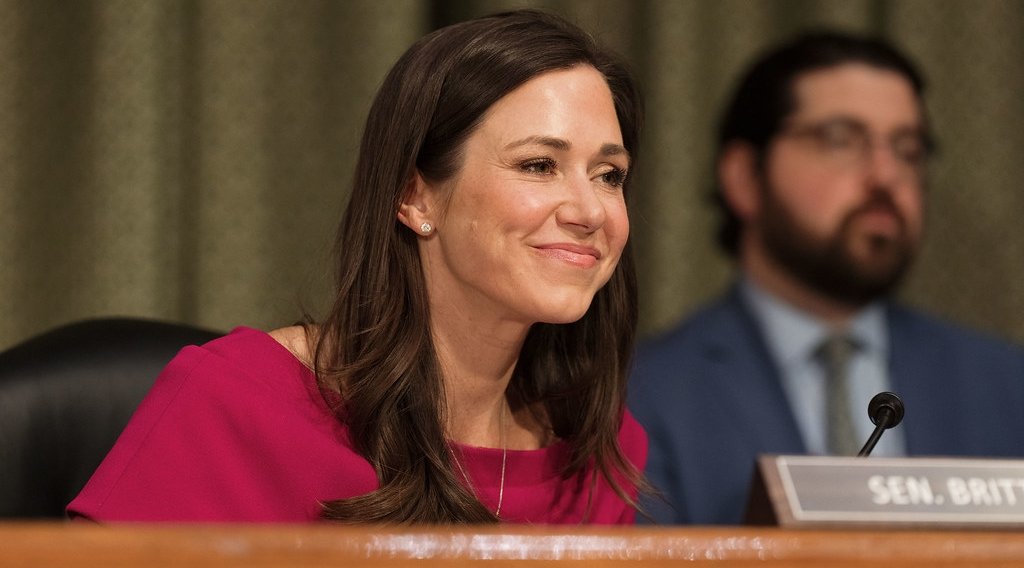Federal prosecutors have charged three police chiefs in Louisiana—Chad Doyle from Oakdale, Glynn Dixon from Forest Hill, and former Glenmora chief Tebo Onisia—with taking bribes to file false police reports. These reports were meant to assist non-citizens in obtaining special immigration visas, specifically U-visas. These visas are designed for certain non-citizens, including undocumented immigrants, who are victims of crimes in the U.S.
According to the charges, Oakdale businessman Chandra Kant “Lala” Patel was also involved in this alleged scheme, which included fabricating police incidents to falsely identify immigrants as victims of armed robbery. The indictment states these individuals prepared and certified bogus police reports across several parishes in Central Louisiana, allowing the so-called robbery victims to seek U-visas.
It appears that immigrants seeking U-visas would approach Patel, who connected them with the police chief. In turn, the chiefs were paid to incorrectly write up reports declaring these individuals as victims, even when they had not actually experienced any crime.
This dubious arrangement has reportedly generated significant earnings for those involved, with prosecutors noting that thousands of dollars changed hands as part of these illegal activities. From late September 2023 to the end of December 2024, the accused are said to have intentionally submitted false documents regarding their immigration applications.
The U-visa program was initiated by Congress in 2000 to encourage immigration, allowing crime victims to remain in the U.S. while aiding law enforcement. However, the program has ran into issues with fraud over the years, with claims of immigrants staging crimes to obtain these visas. Jessica Vaughn from the Center for Immigration Research has pointed out that the U-visa program has been misused, even leading to a Department of Homeland Security report highlighting its susceptibility to fraud.
If convicted, these police chiefs and their accomplices could face serious penalties, including up to five years for conspiracy charges, a maximum of ten years for visa fraud, and up to twenty years for mail fraud.







